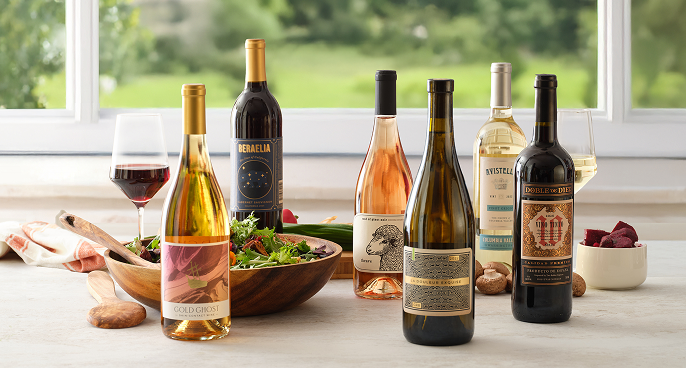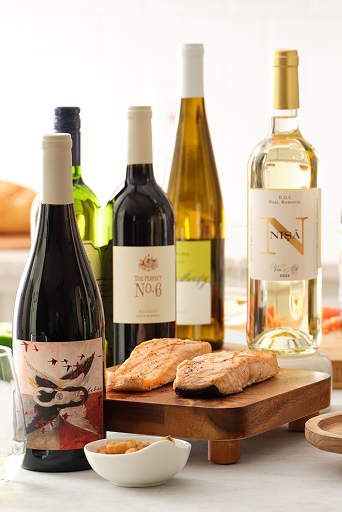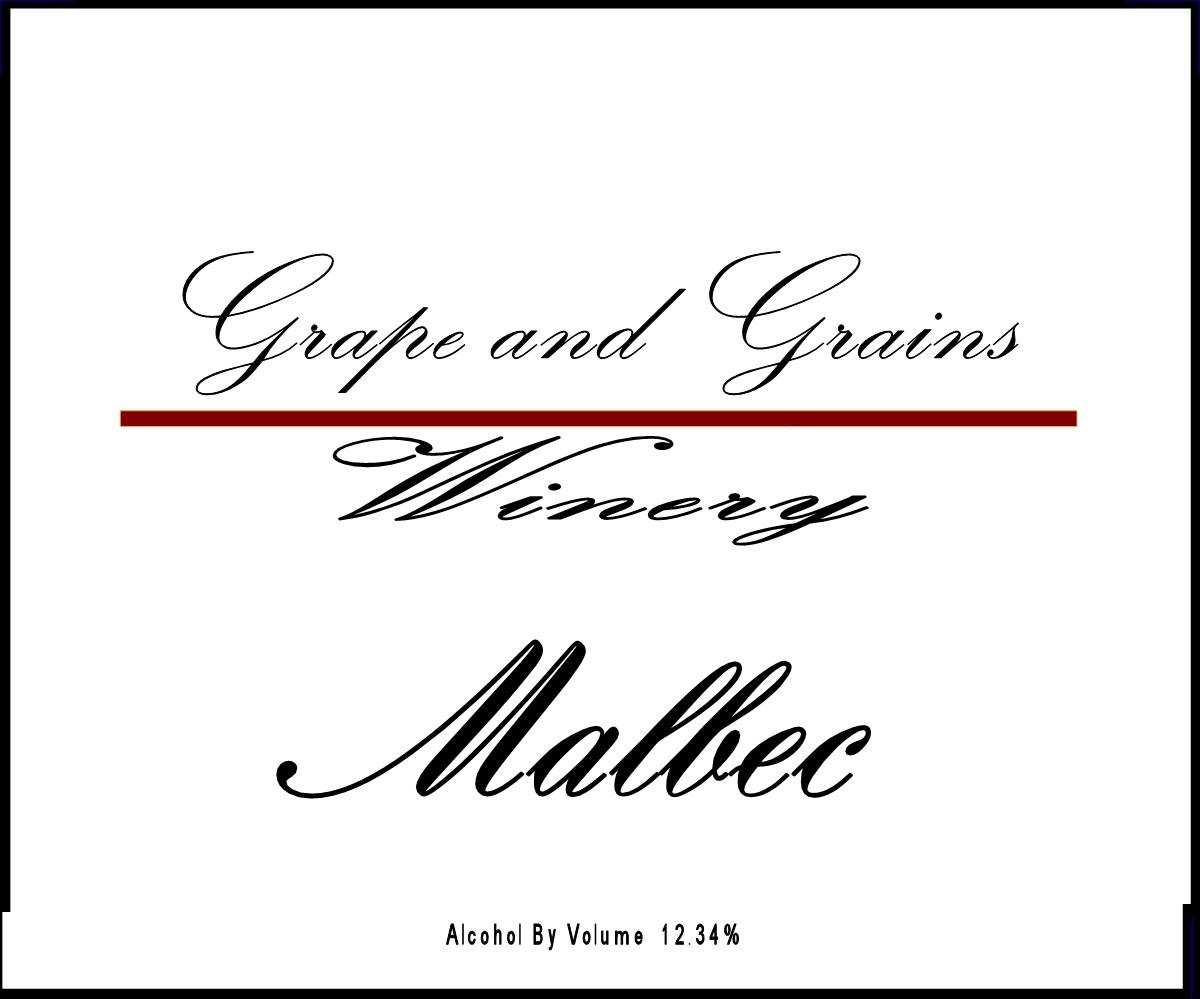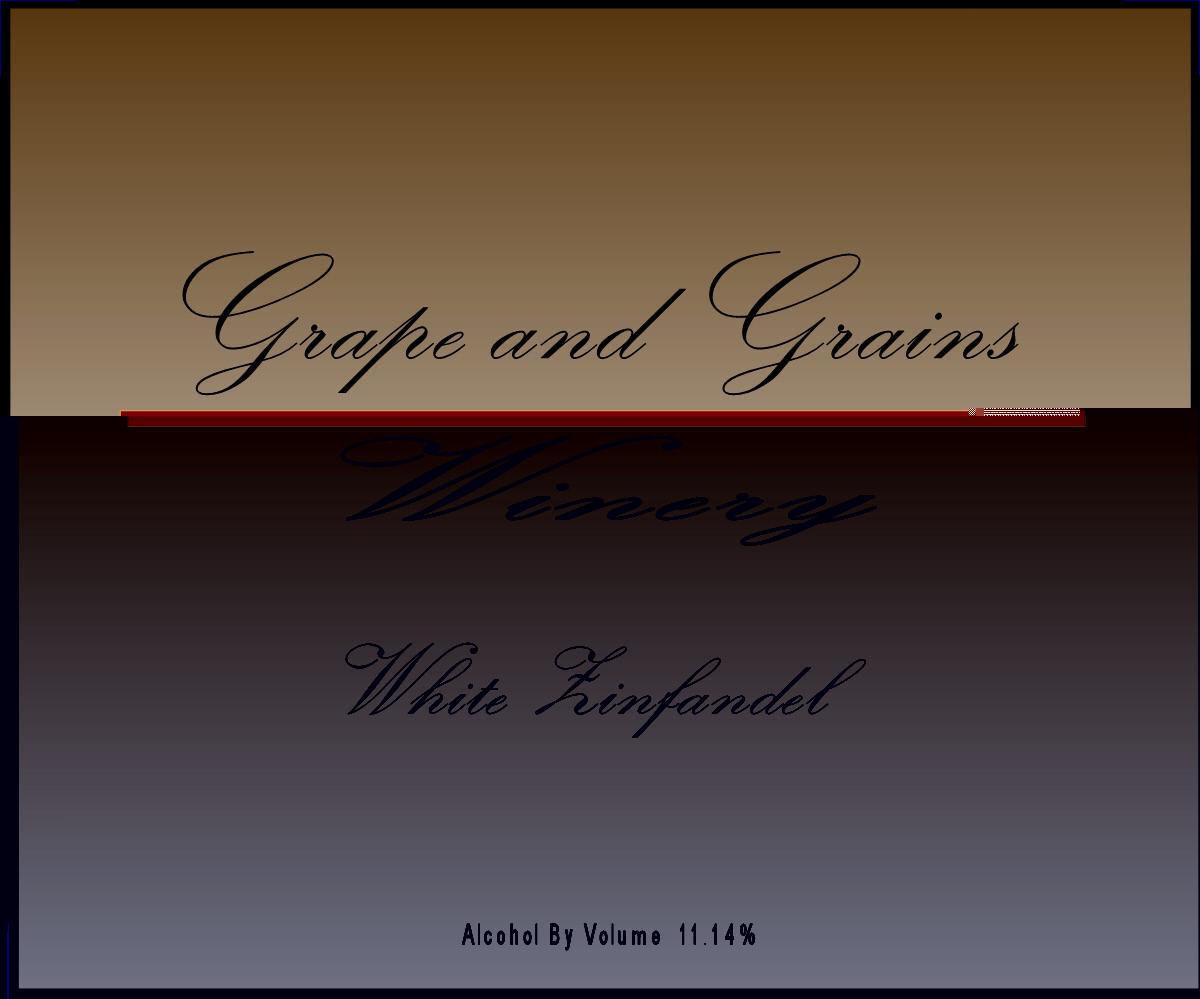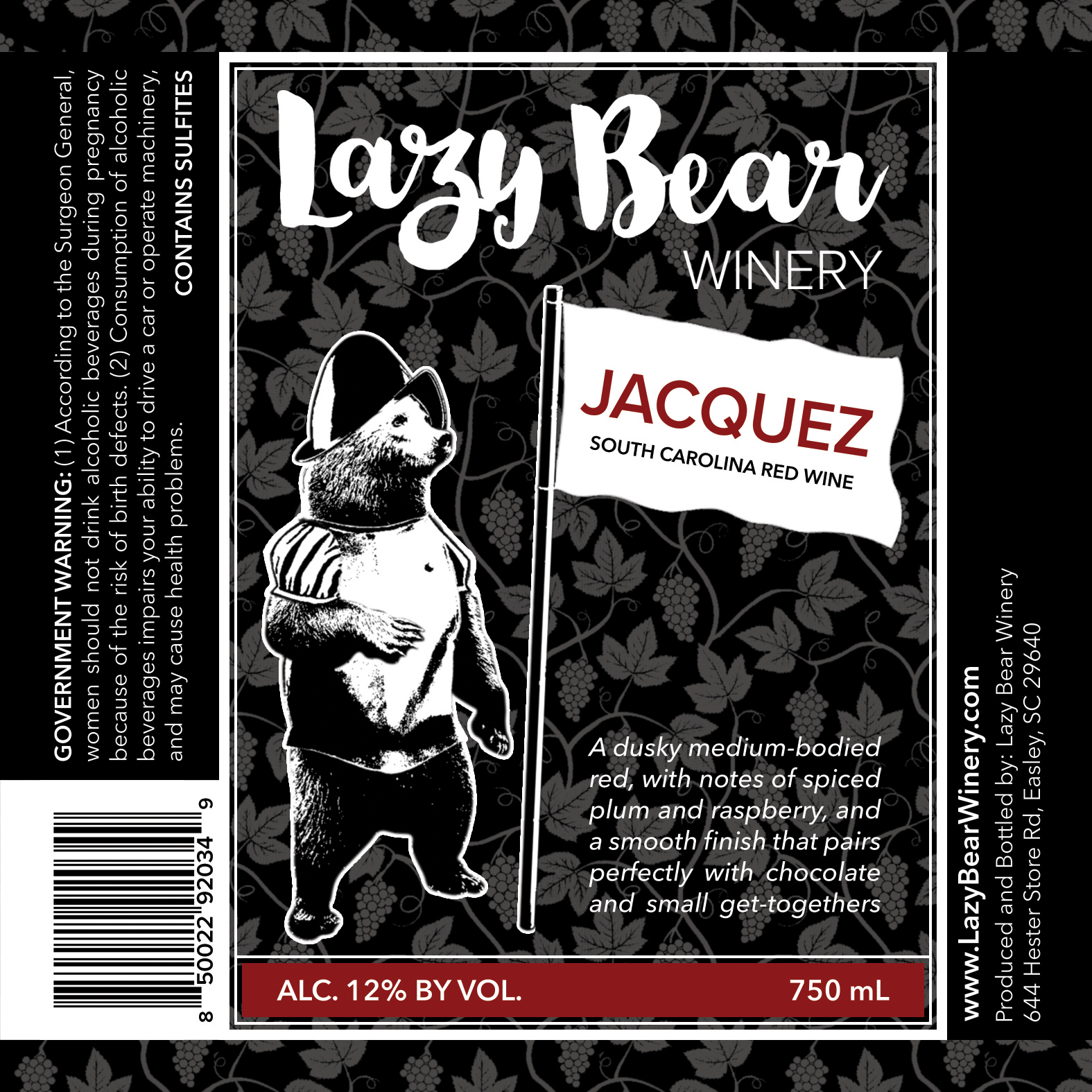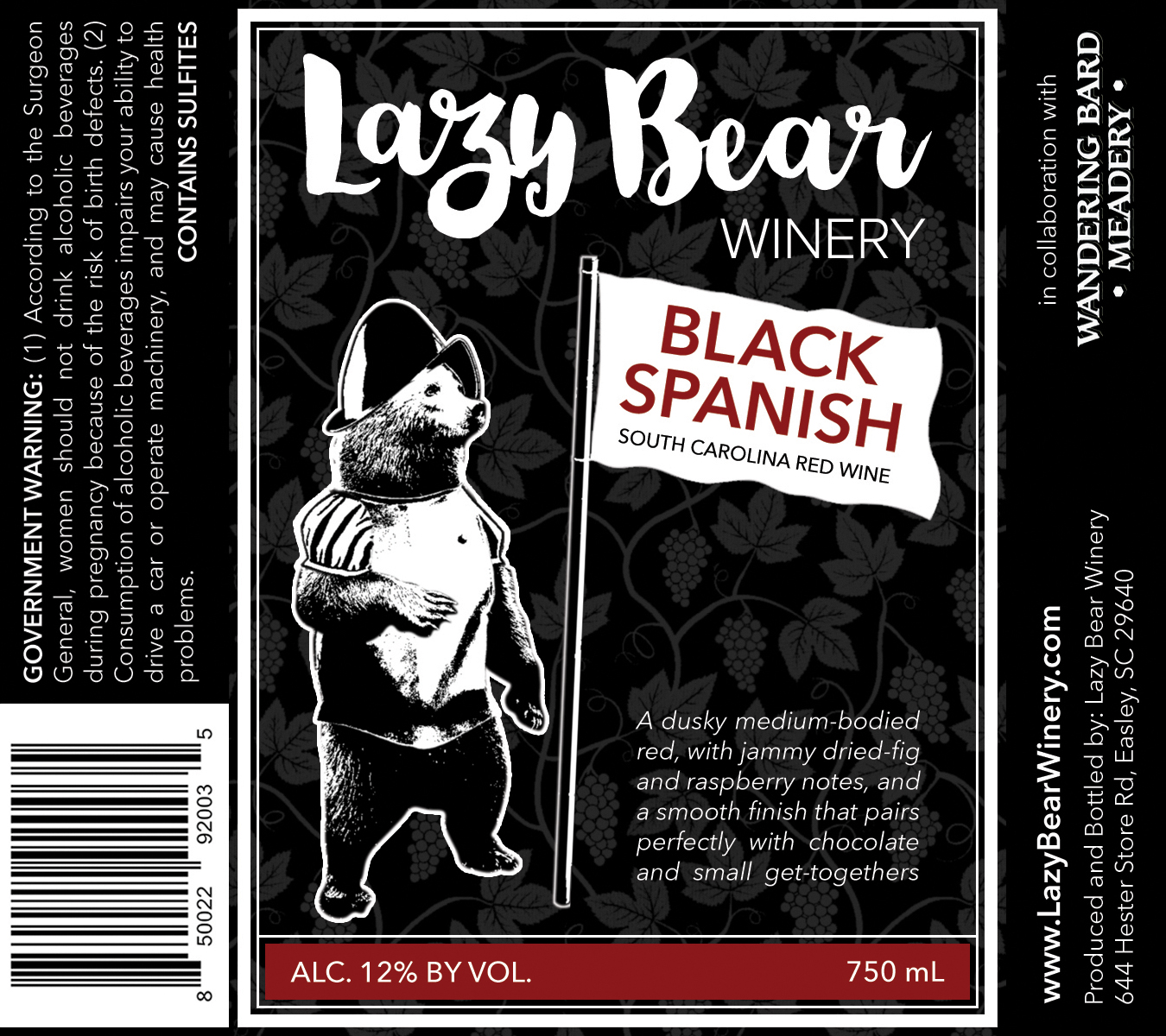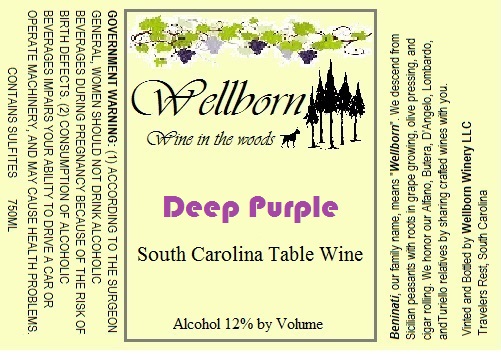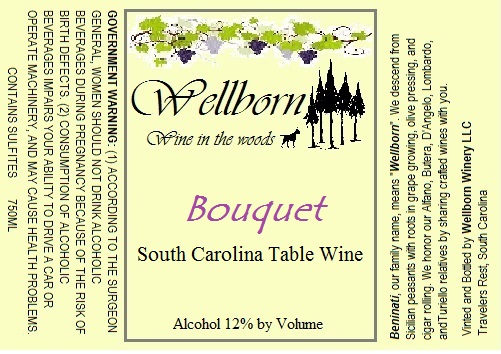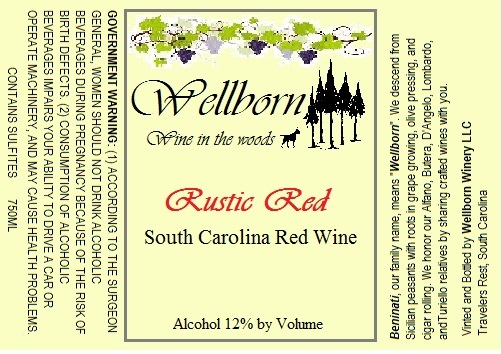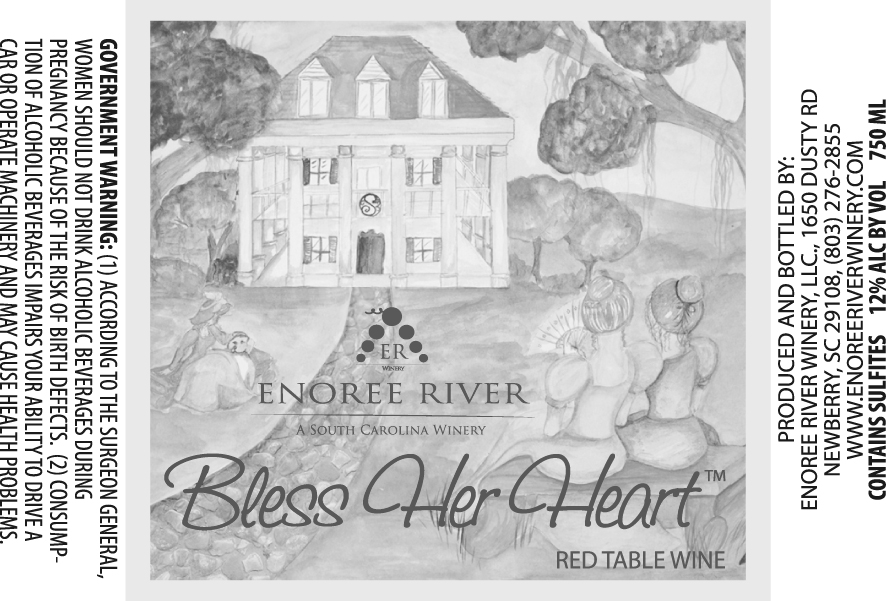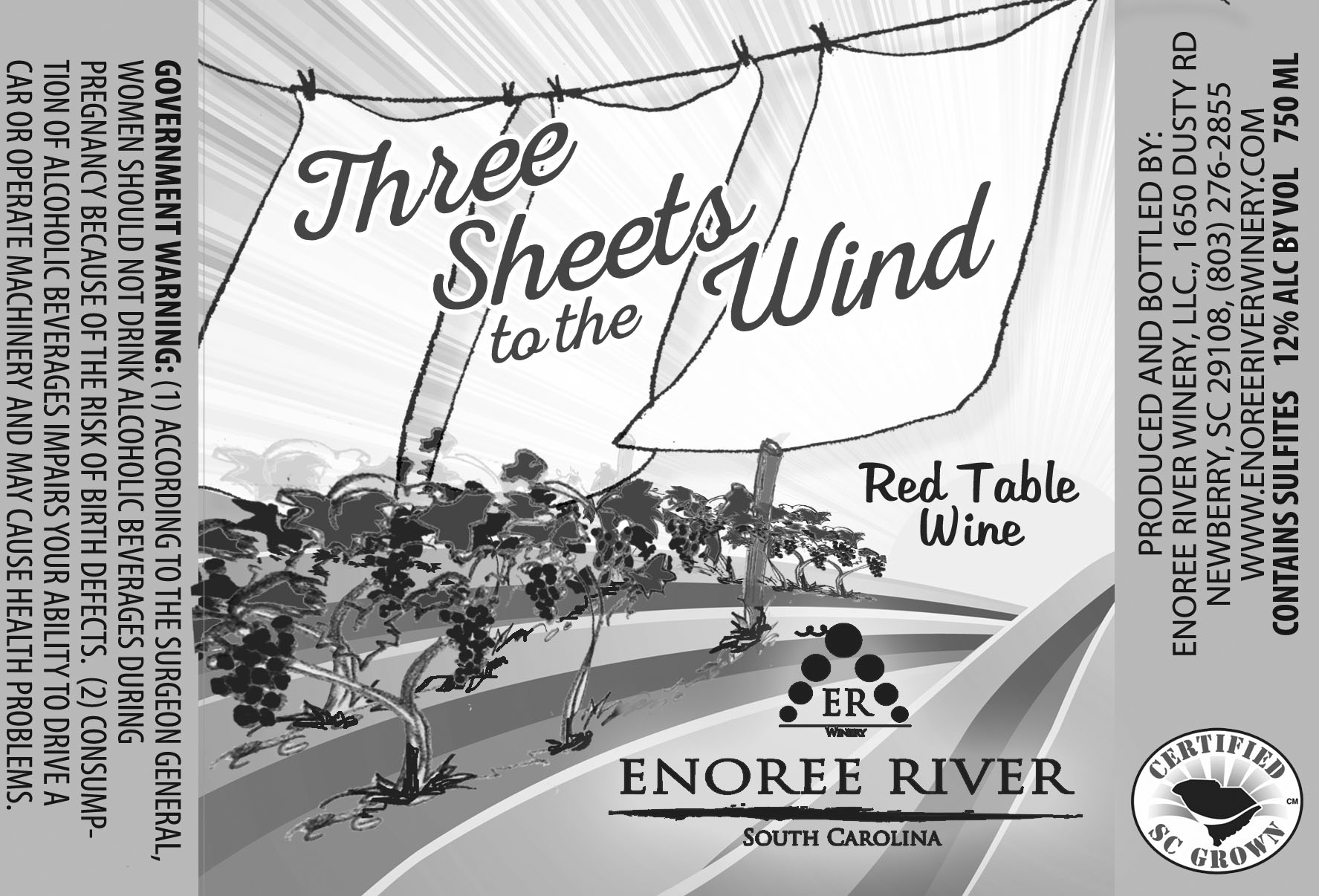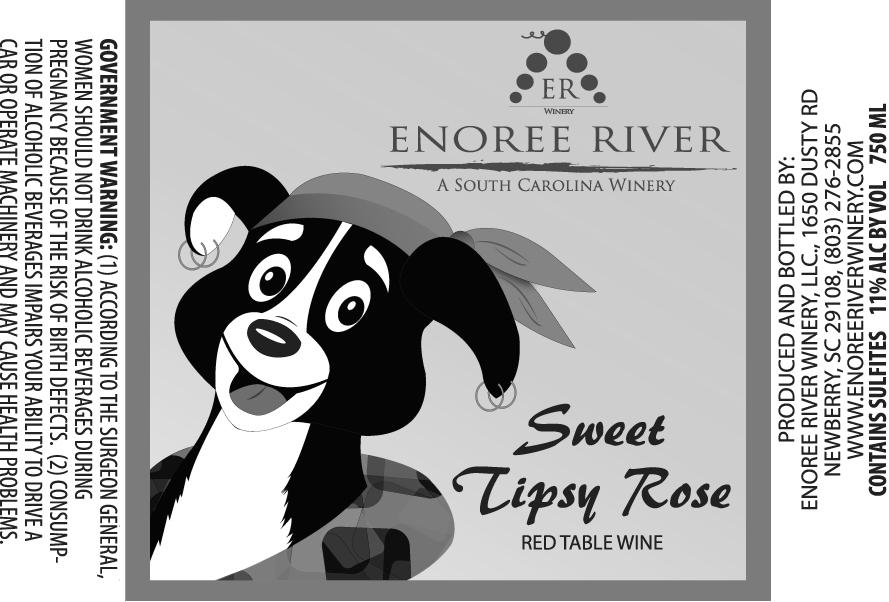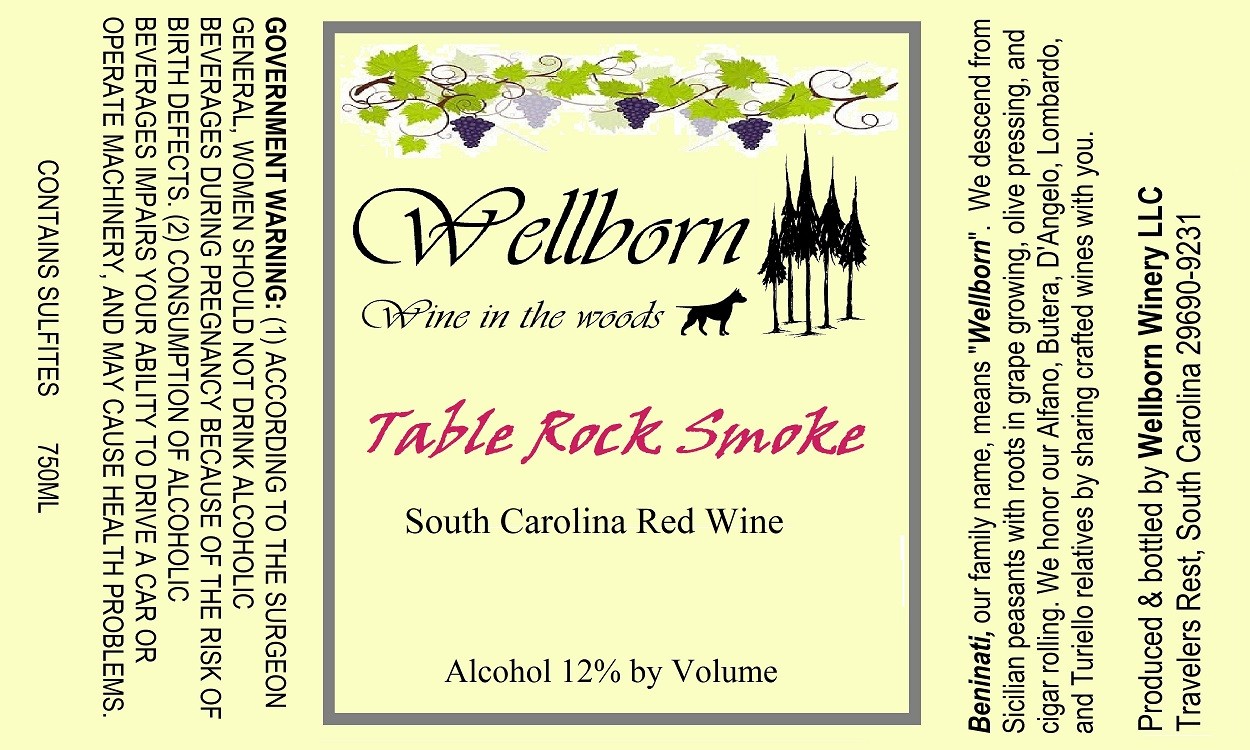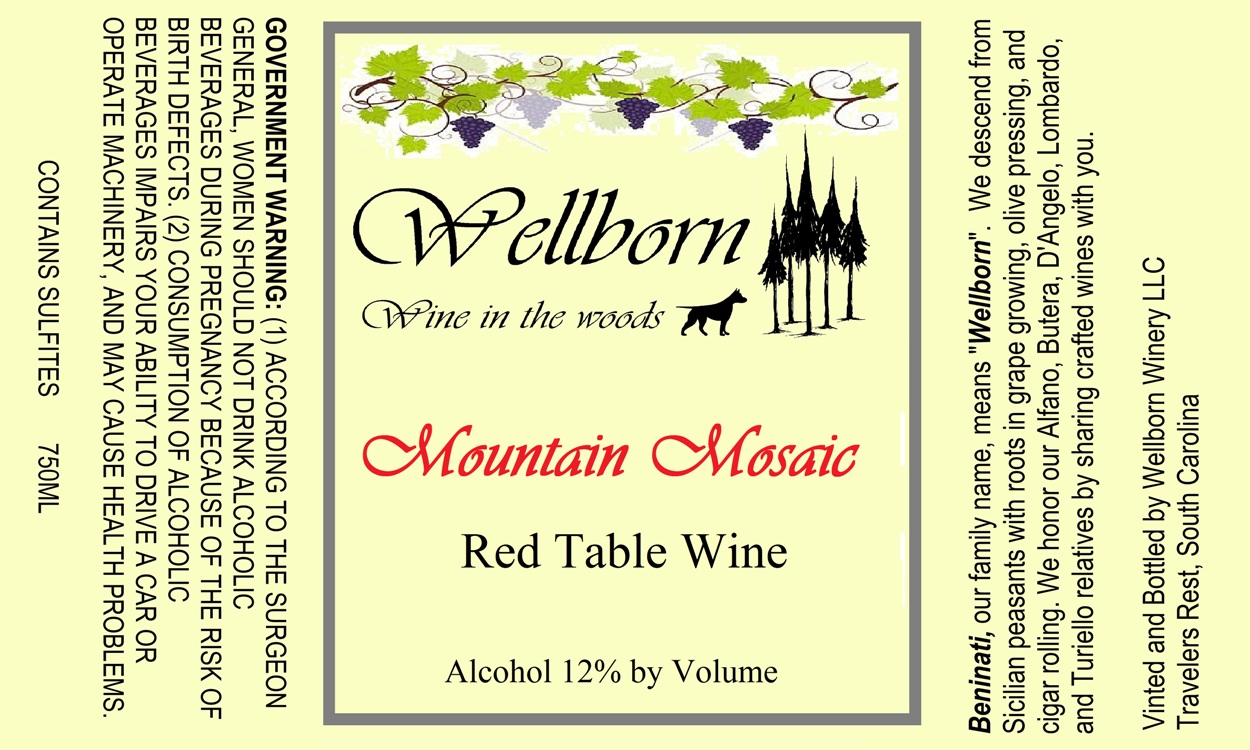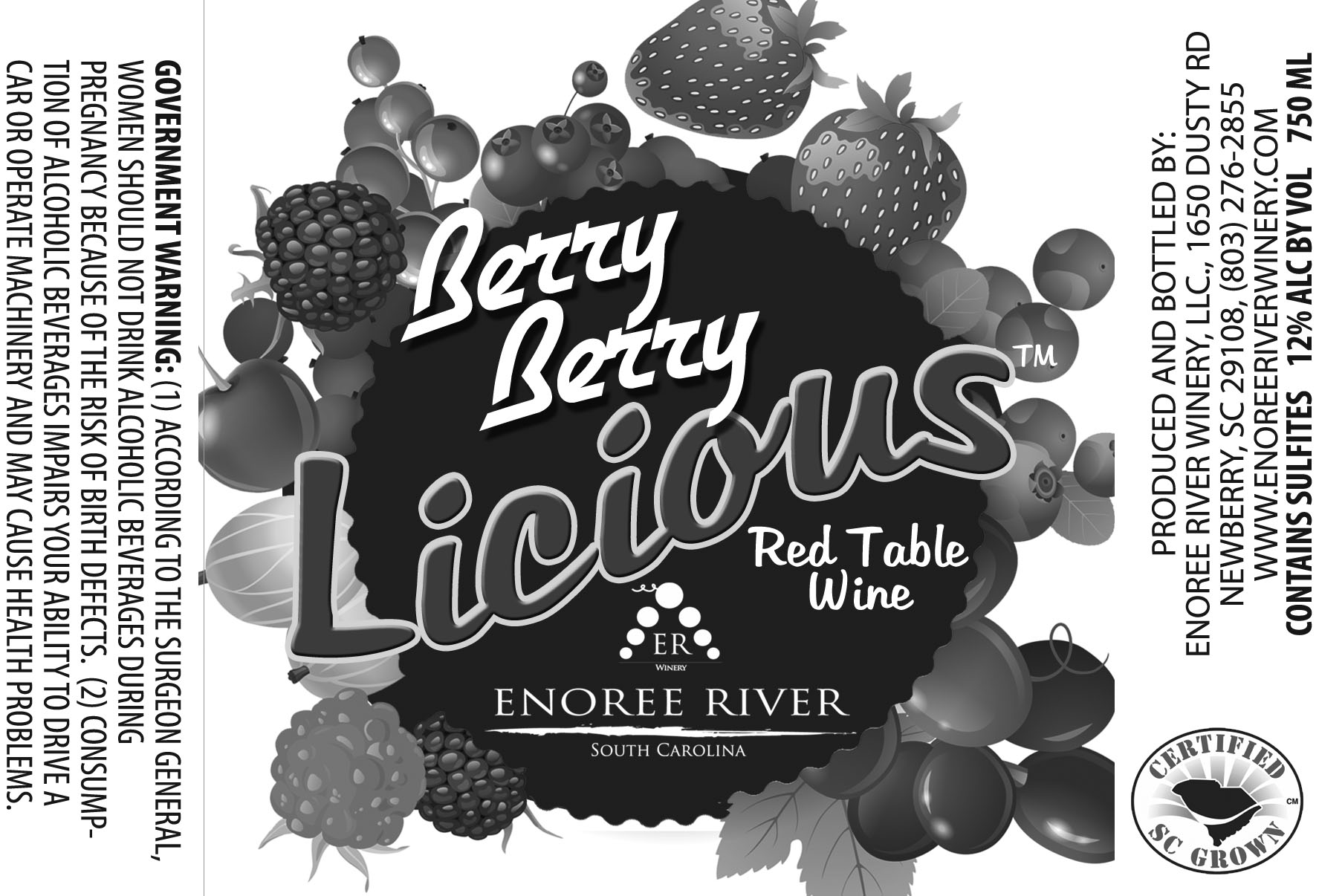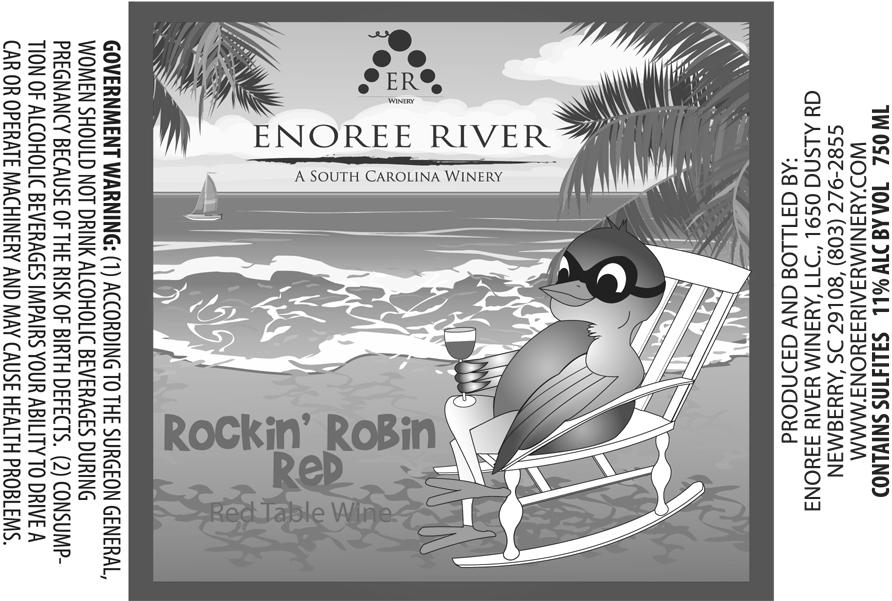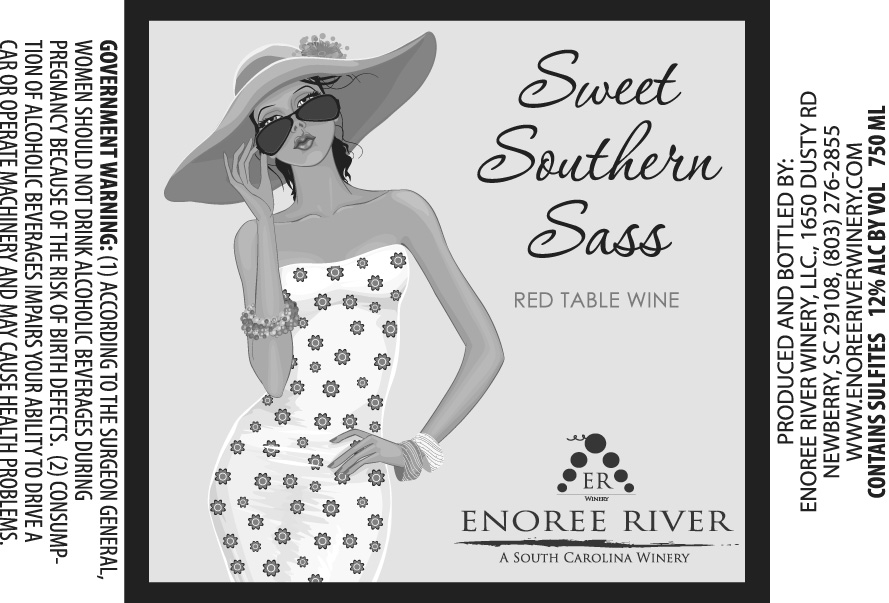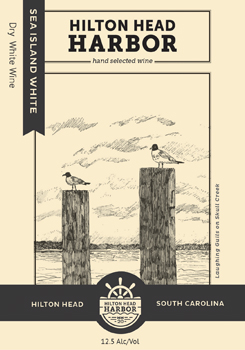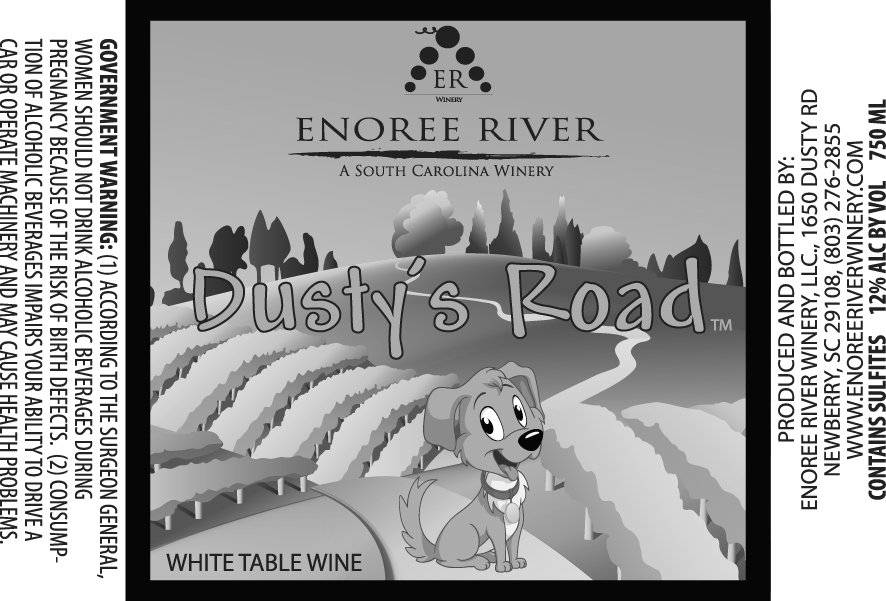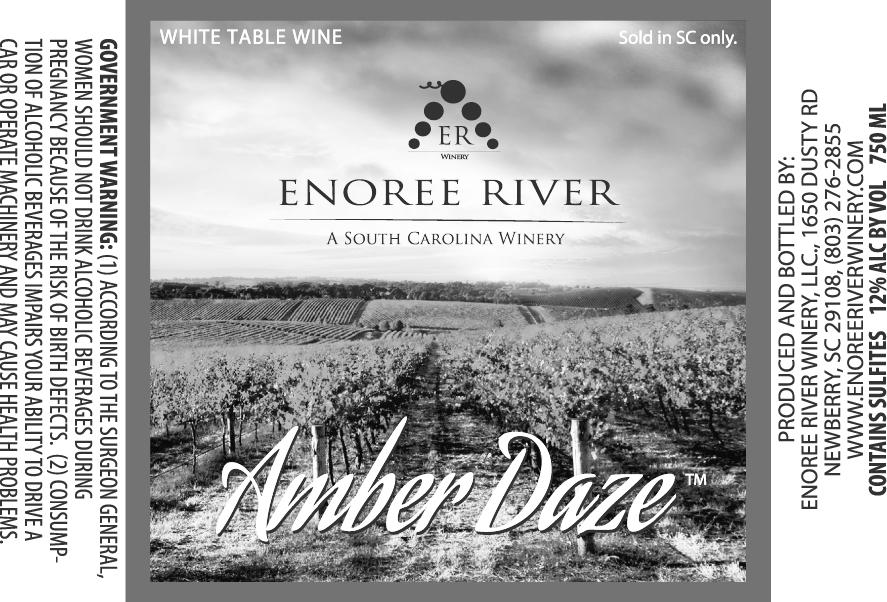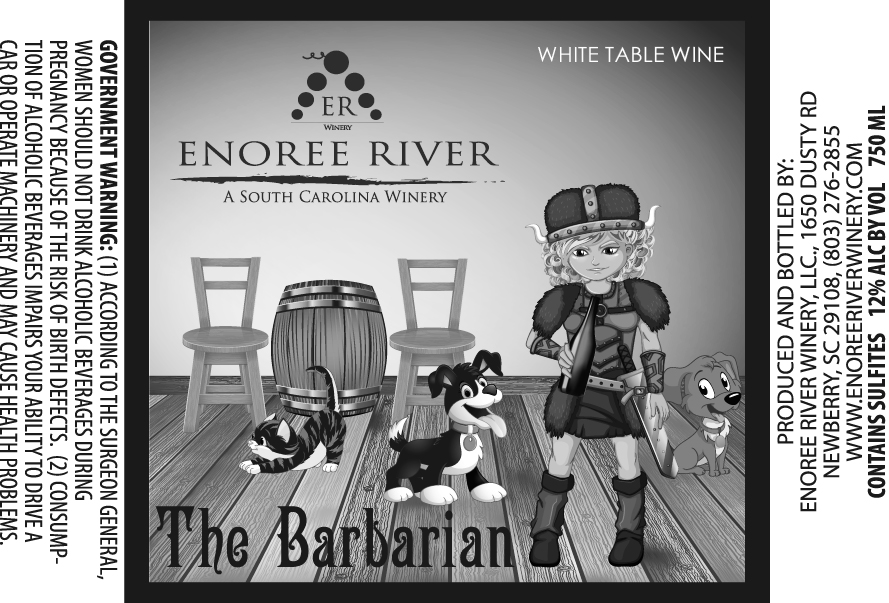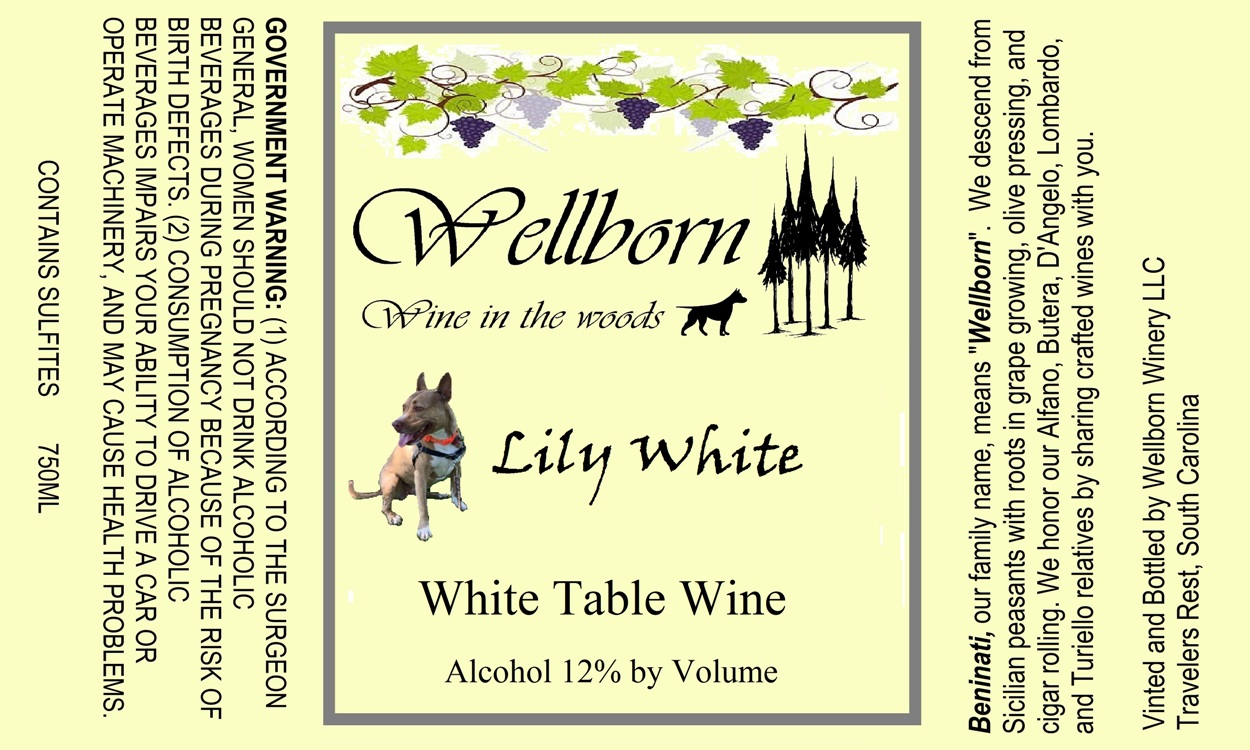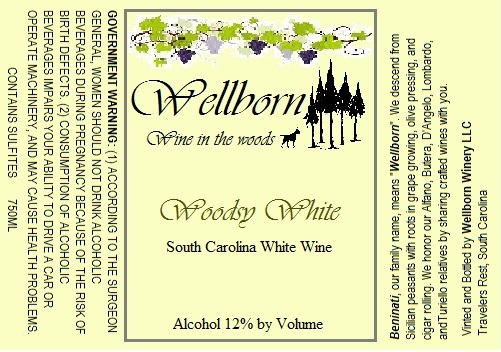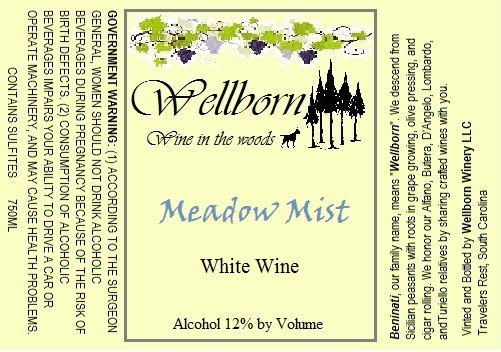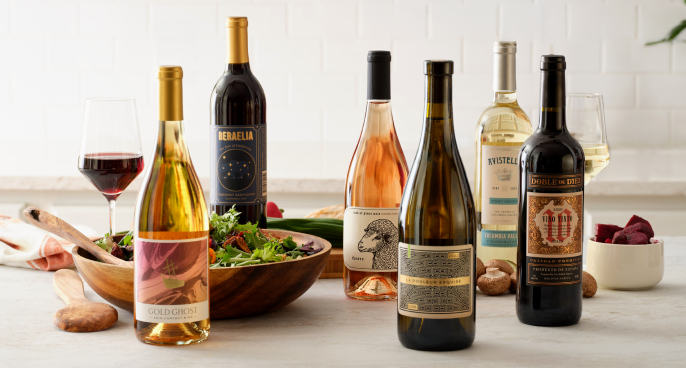Terroir of South Carolina
South Carolina's wine regions boast a varied terroir, from the coastal plains to the Blue Ridge Mountain foothills.
Coastal areas have sandy or loamy soils and benefit from the Atlantic's influence, though high humidity and summer rains challenge vinifera grapes. Here, Muscadine thrives, reflecting the state's maritime character.
Inland, the Midlands and Piedmont offer cooler nights and clay-loam soils, suitable for hybrids and some vinifera varieties, despite risks from late-spring frosts.
The Upstate, near North Carolina, holds the most promising vineyards. Elevated at 1,000–1,300 feet, with rocky, well-drained soils, these vineyards provide cooler climates for slow ripening of European-style grapes like Cabernet Sauvignon and Merlot.
This mix of microclimates enables South Carolina to produce a wide range of wines, from sweet Muscadines to complex Bordeaux-style reds.
Notable Wineries in South Carolina
South Carolina's wine scene is blossoming, with a diverse array of wineries across the state showcasing local flavors and innovation. Here are a few noteworthy spots:
-
Deep Water Vineyard: Located on Wadmalaw Island, this vineyard is known for its muscadine wines like the semi-sweet Magnolia, offering a true taste of the Lowcountry.
-
La Belle Amie Vineyard: Situated in Little River, it combines history and music with its Twisted Sisters wines and lively outdoor events.
-
Victoria Valley Vineyards: Nestled in the Blue Ridge foothills, this vineyard crafts European-style wines with stunning views of Table Rock Mountain.
Sustainable Winemaking in South Carolina
In South Carolina, sustainability is becoming a cornerstone of its wine industry, where winemakers are adapting to environmental challenges with innovative practices. Focused on native and hybrid grapes like Muscadine, Blanc du Bois, and Norton, they reduce pesticide use and enhance organic farming. This approach suits the region's humid climate, promoting healthier ecosystems and reducing chemical reliance.
Wineries integrate eco-friendly farming methods, such as cover crops and soil management, to combat erosion and boost soil health. Embracing renewable energy and recycling initiatives, some wineries are installing solar panels and utilizing eco-friendly packaging to lower their carbon footprint. While formal sustainability certifications are rare, a commitment to environmental stewardship is evident. By educating the community and choosing sustainable practices, South Carolina is not only nurturing a vibrant wine culture but also ensuring its longevity for future generations.
Wine Tourism in South Carolina
South Carolina's burgeoning wine tourism scene blends regional charm with diverse wine offerings.
Visitors can explore three distinct wine trails: the Upstate, Midlands, and Lowcountry.
Each trail offers its unique ambiance, from the Blue Ridge Mountain views in the Upstate to the coastal breezes in the Lowcountry.
The state’s wineries often feature family-run operations, where personalized experiences and warm hospitality are the norms.
Many wineries host events like grape stomps and harvest festivals, offering visitors a chance to engage with local culture.
Culinary offerings abound, showcasing regional dishes like shrimp and grits.
The diverse terroir supports a wide range of wines, from Muscadine to European-style reds.
Sustainability is a growing focus, with practices that enhance the environment.
South Carolina's wine tourism offers a laid-back, immersive experience, ideal for those seeking the charm of Southern hospitality paired with wine exploration.

